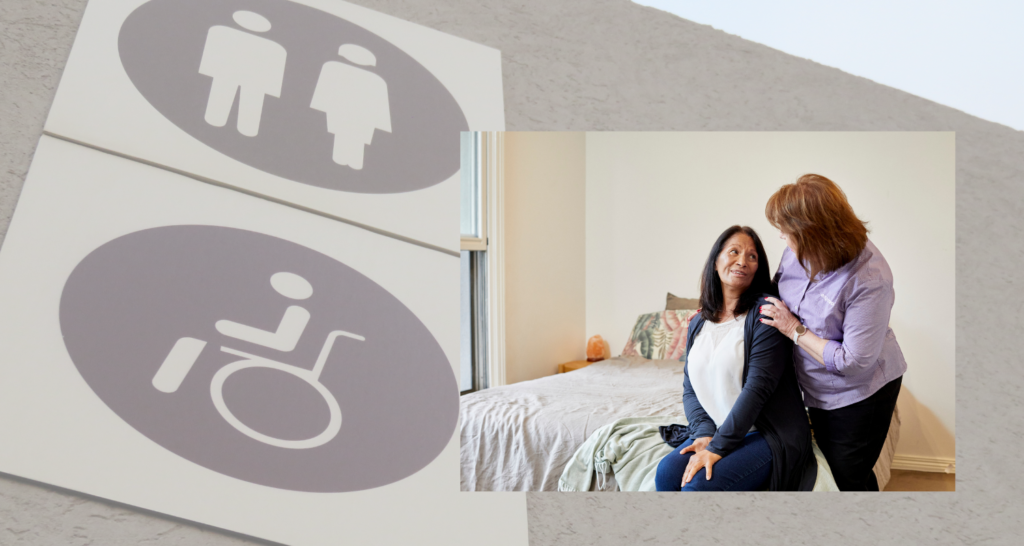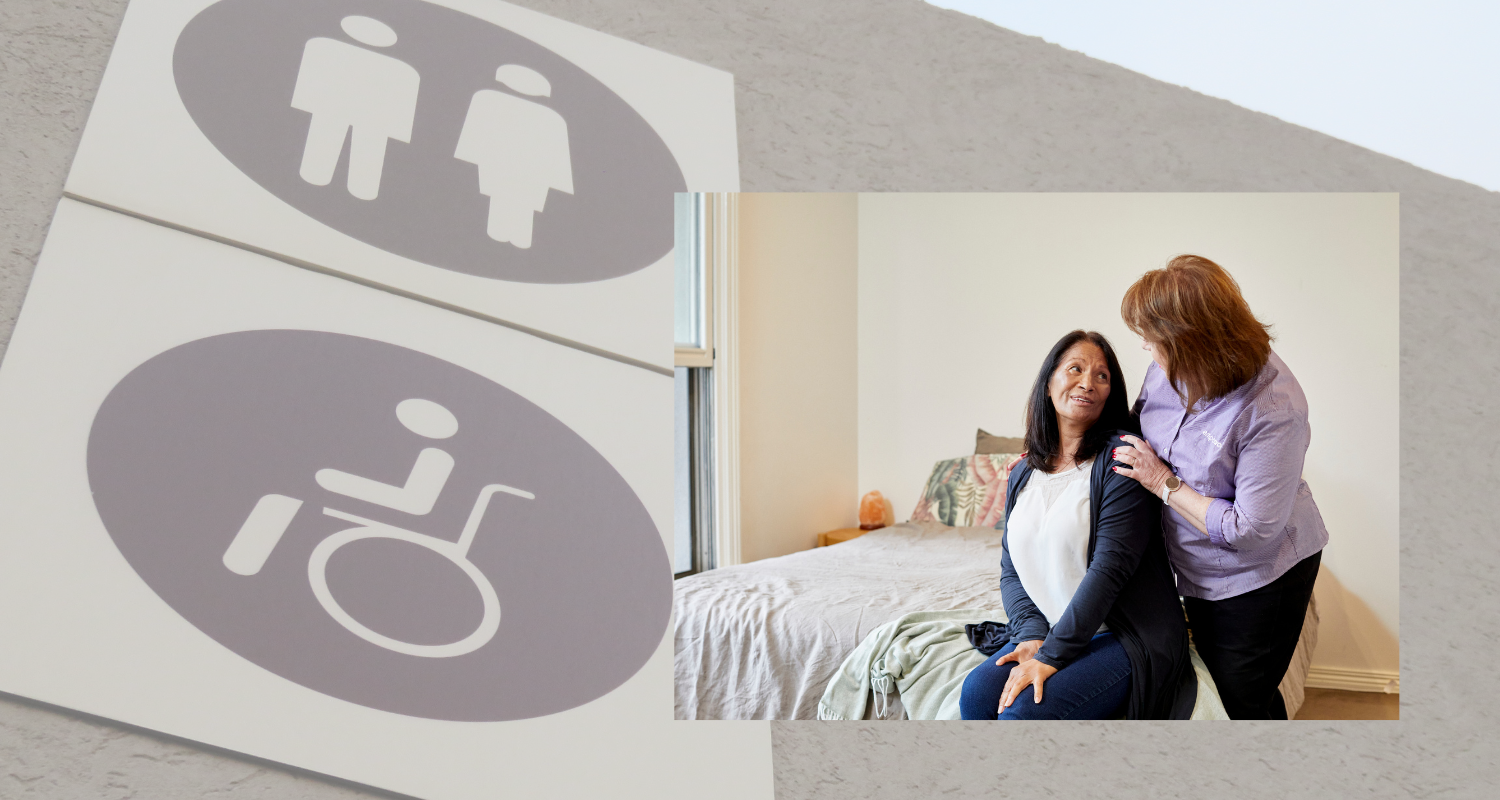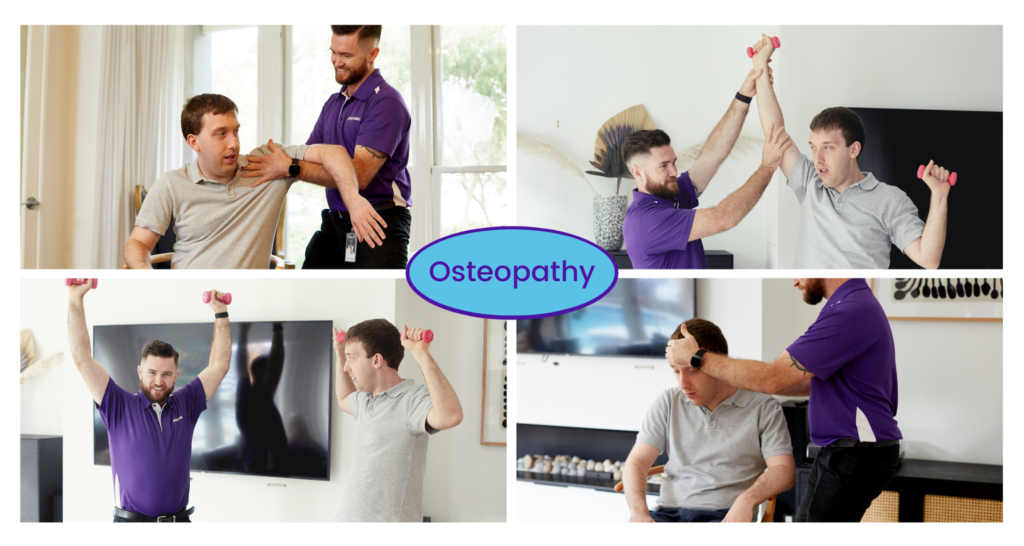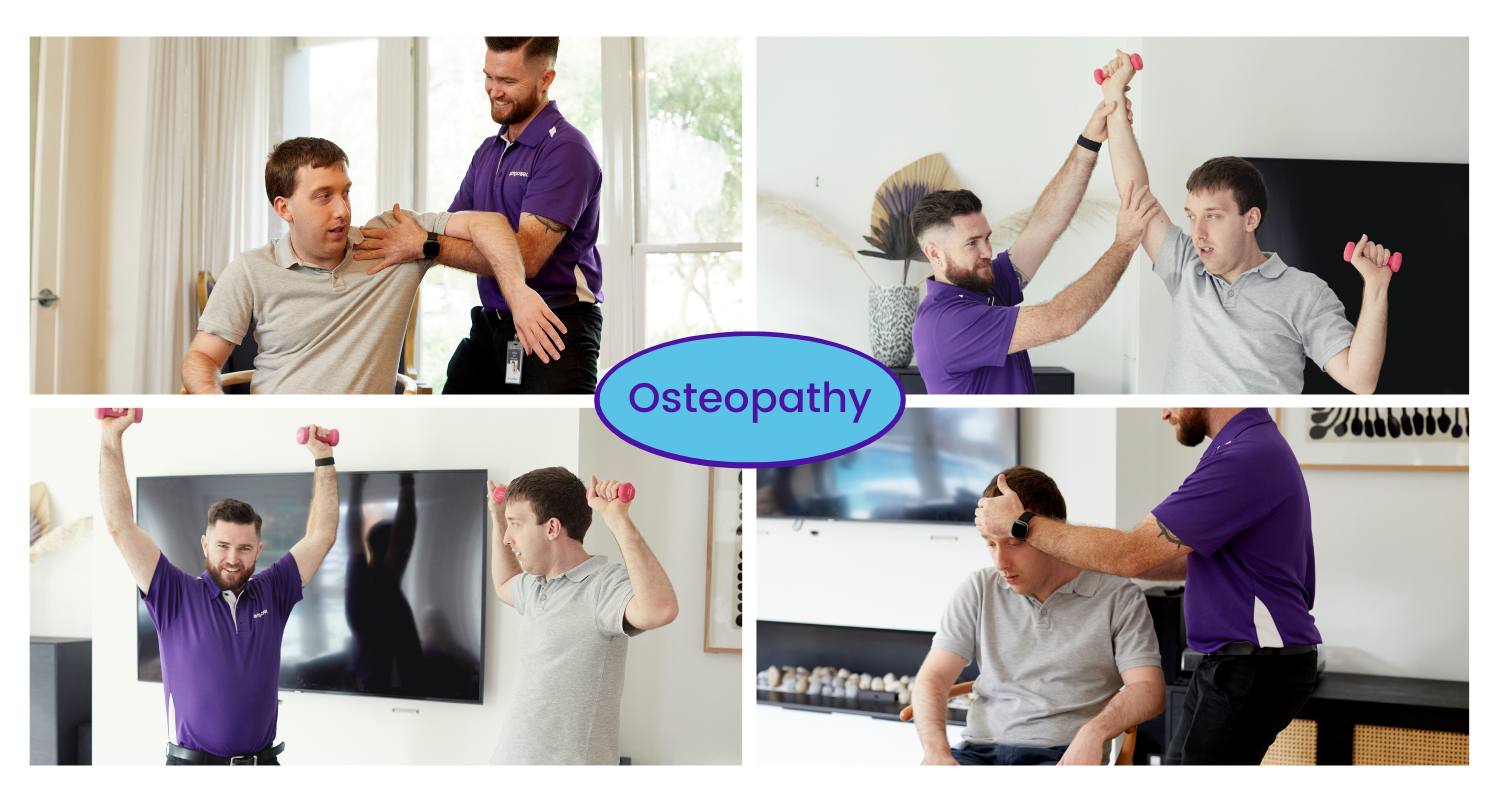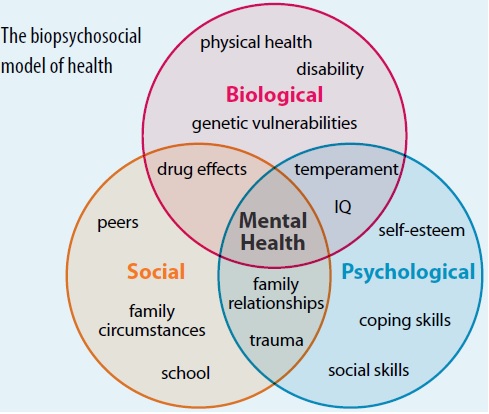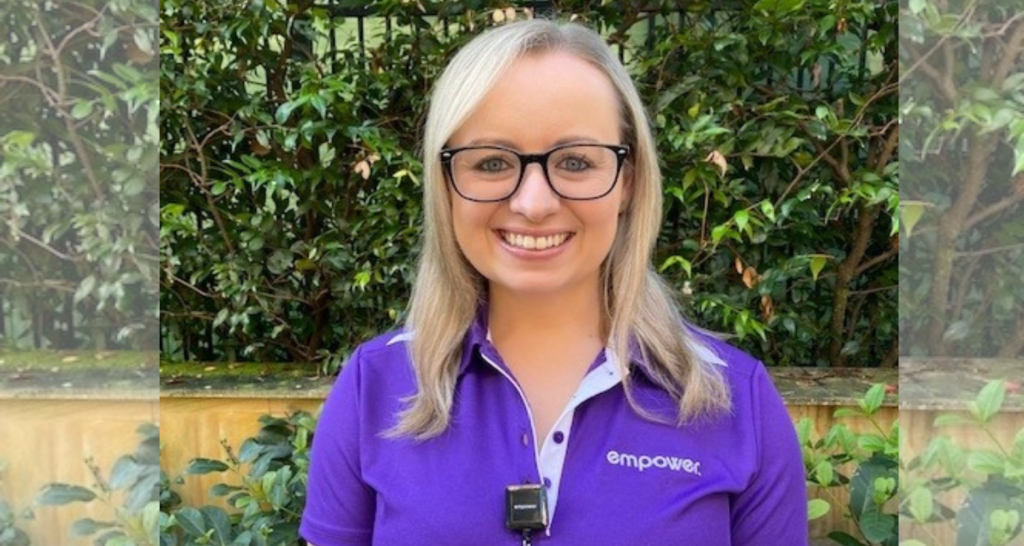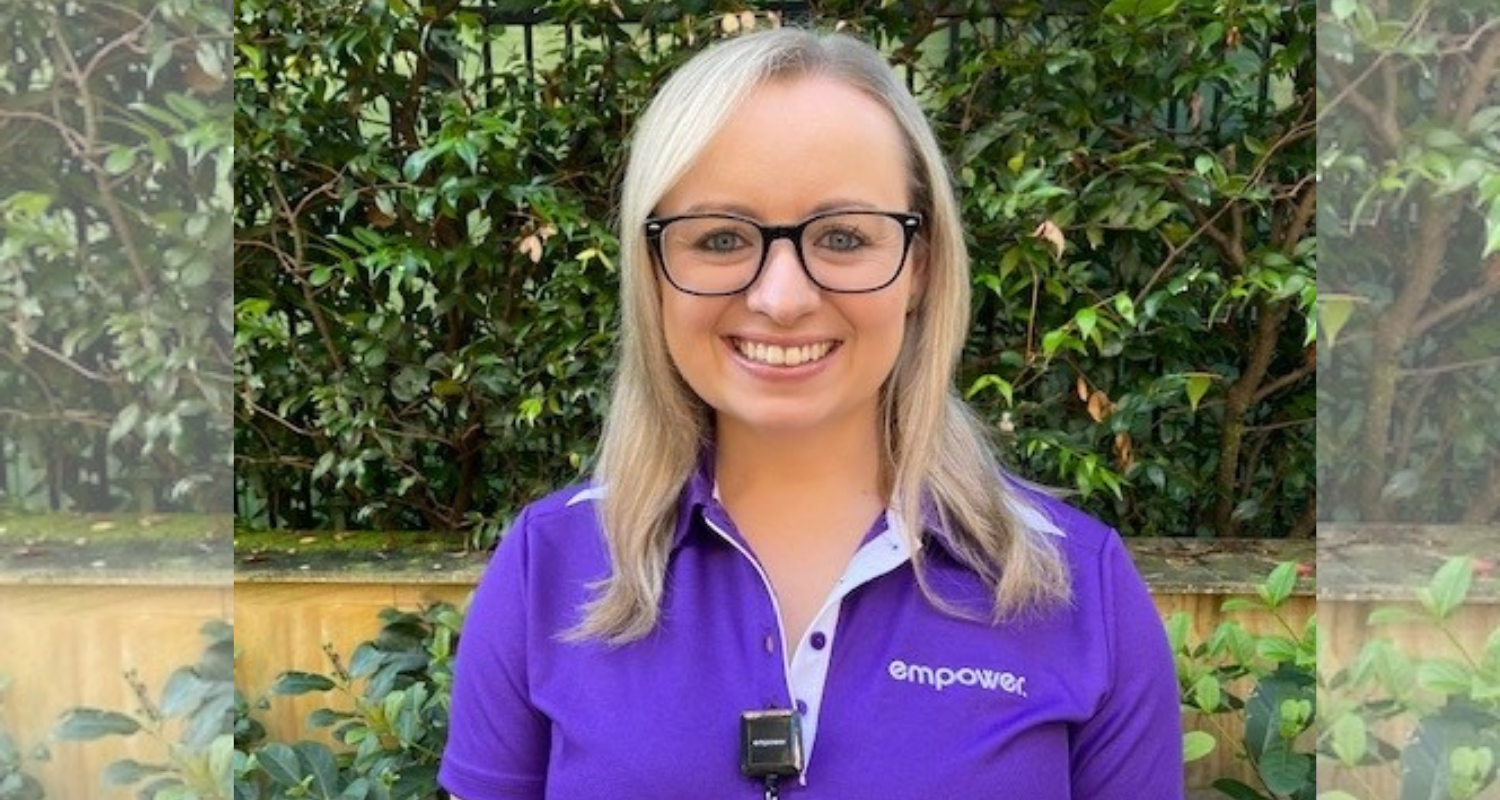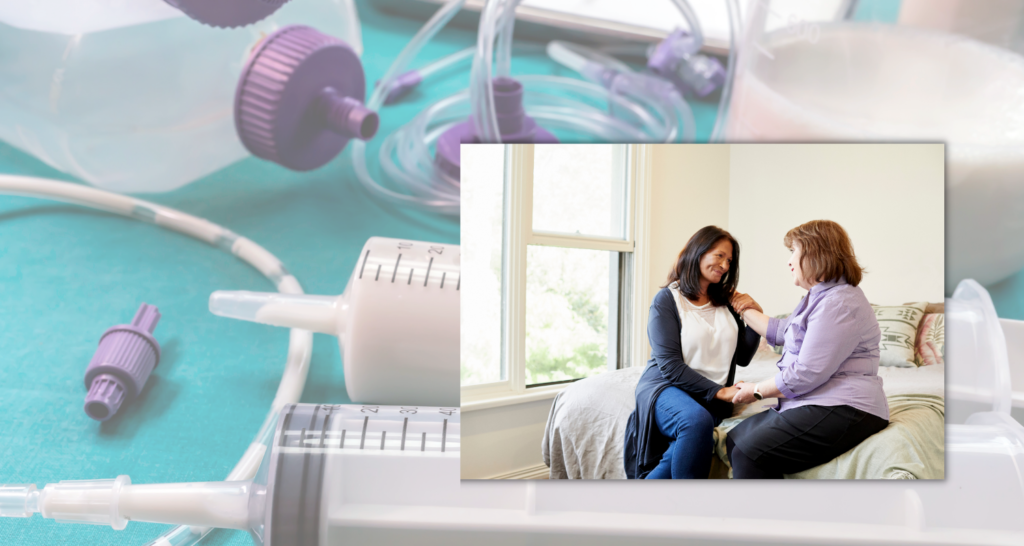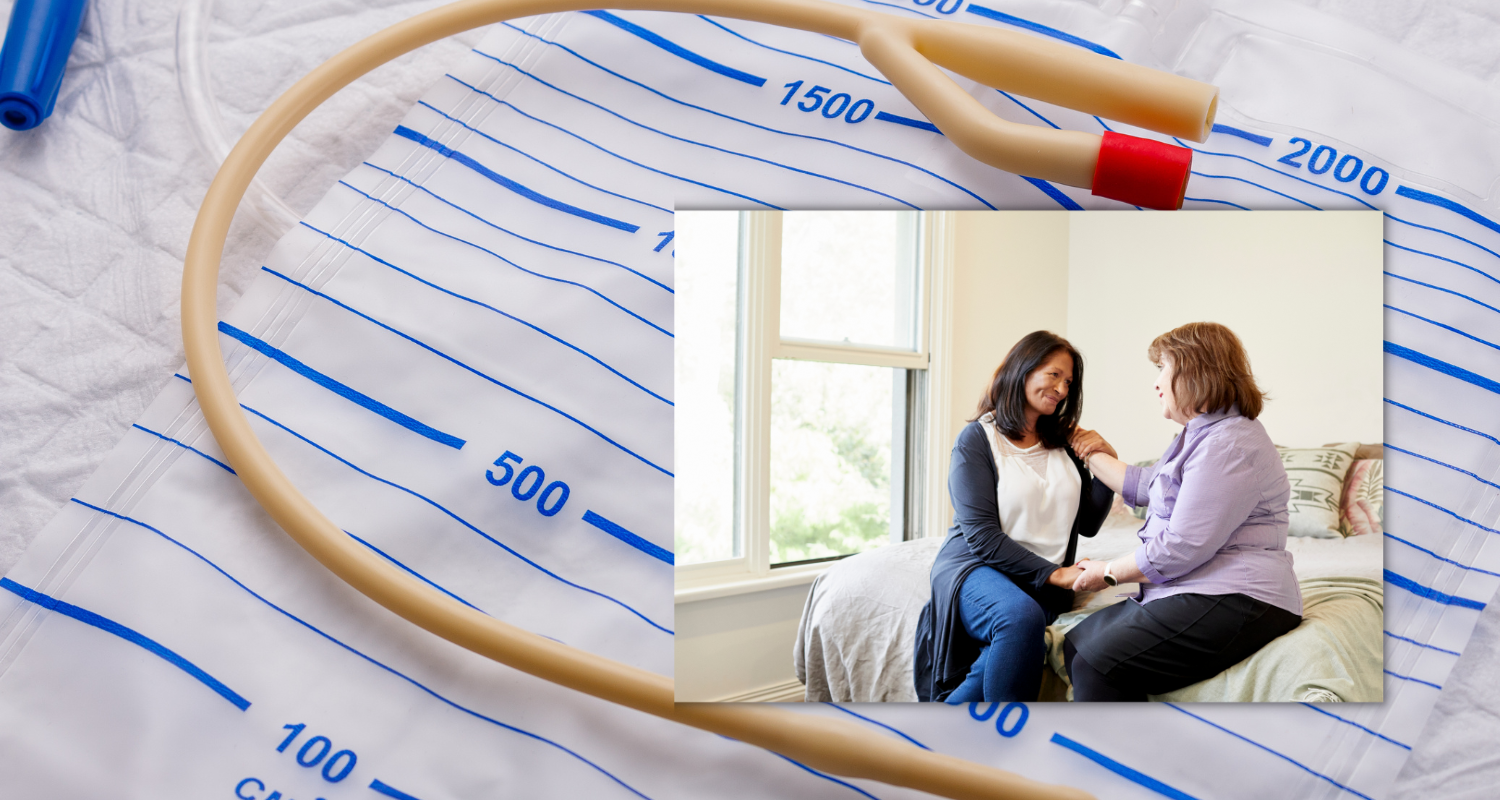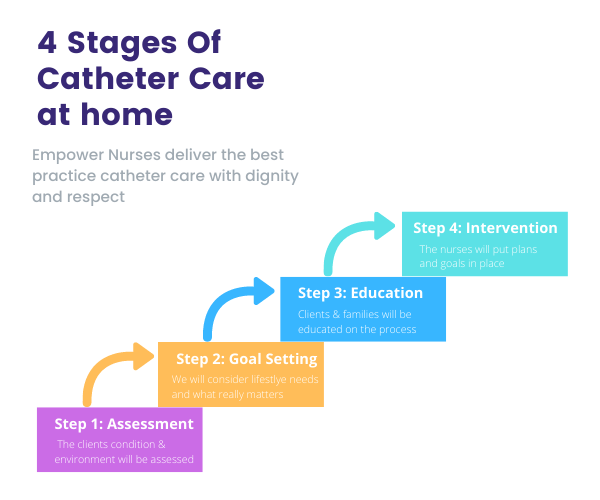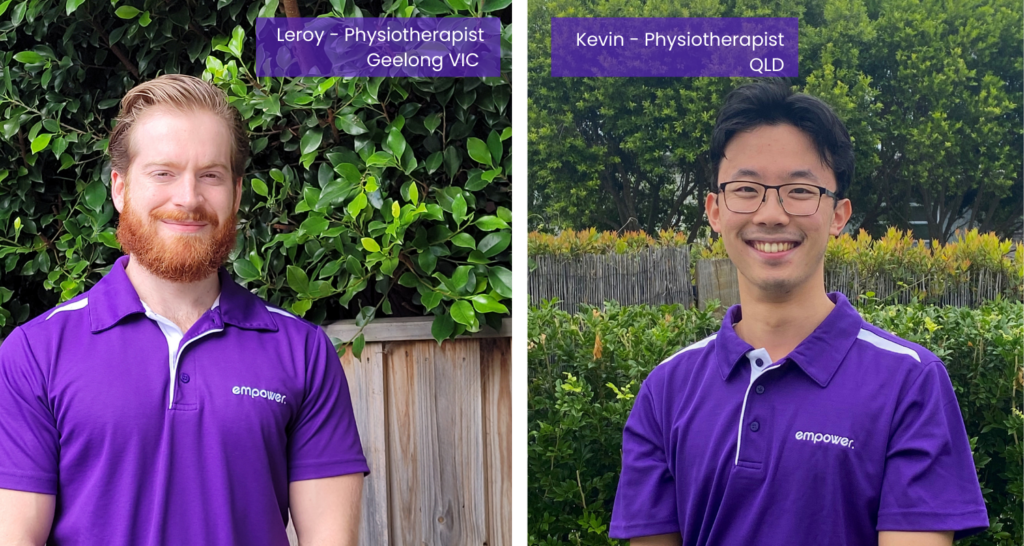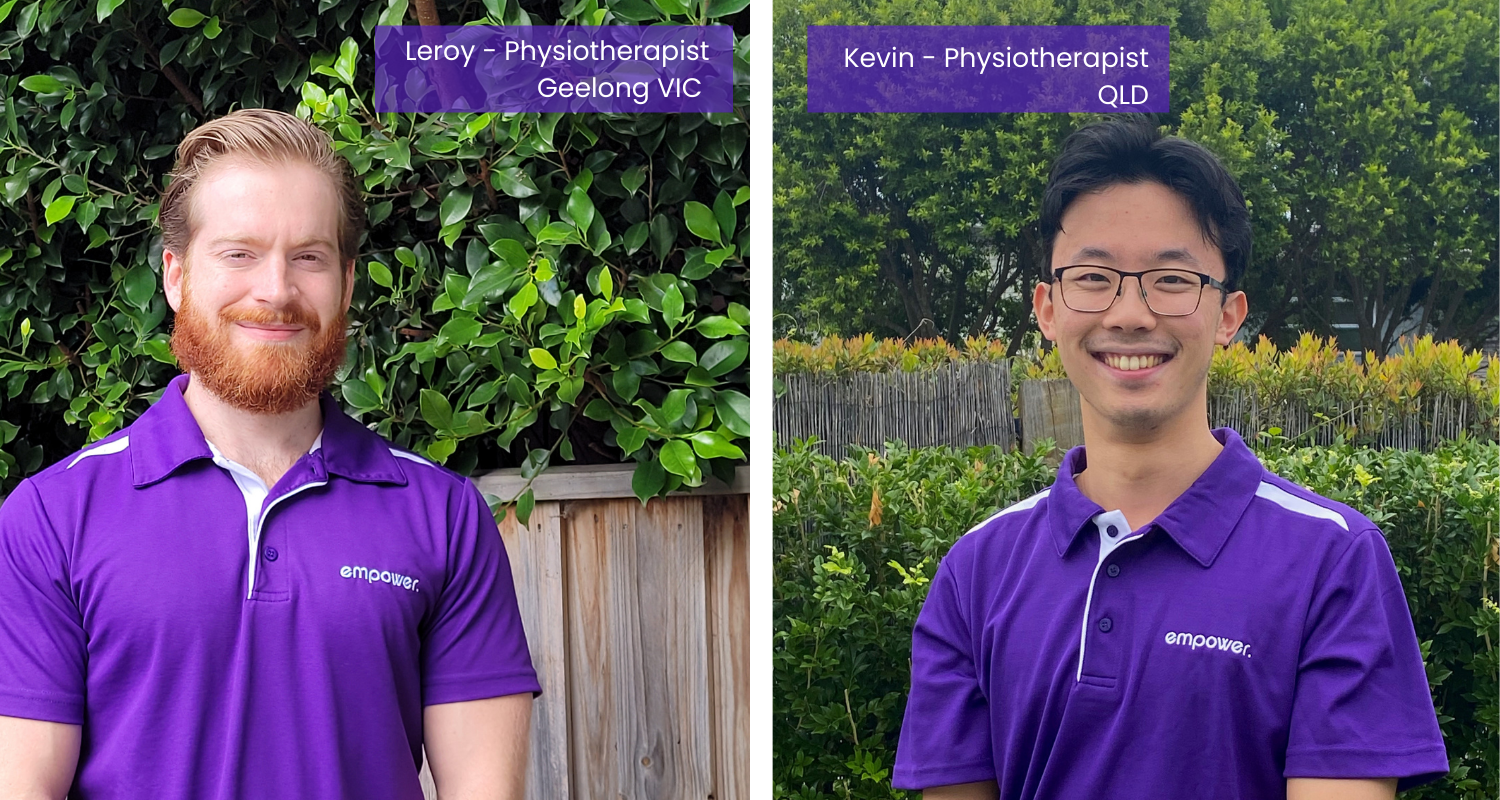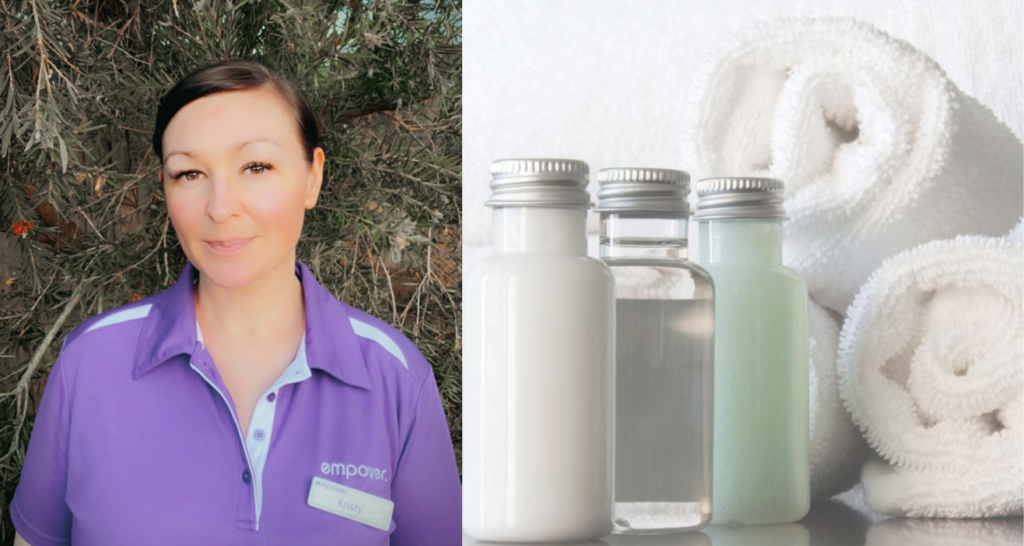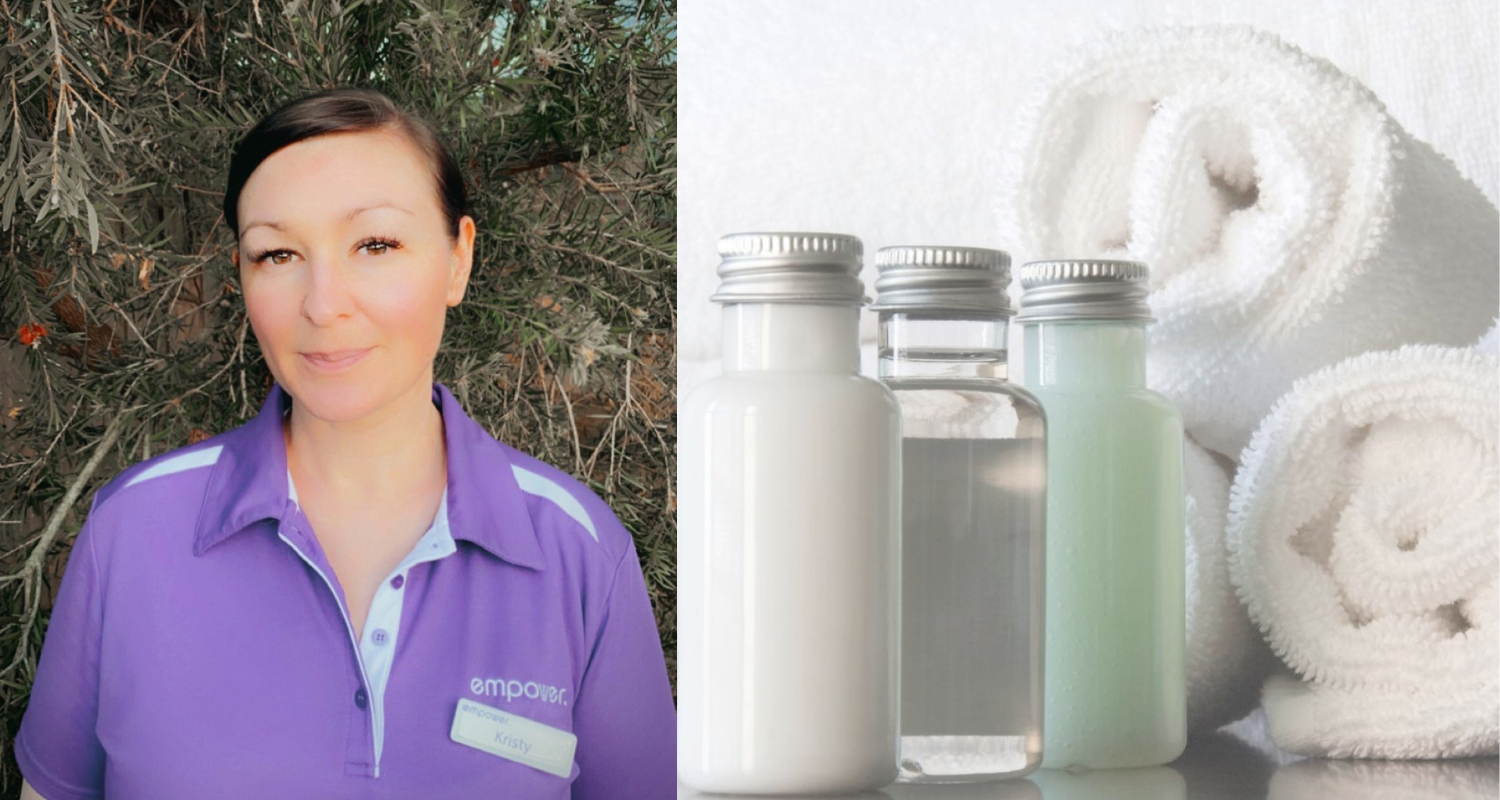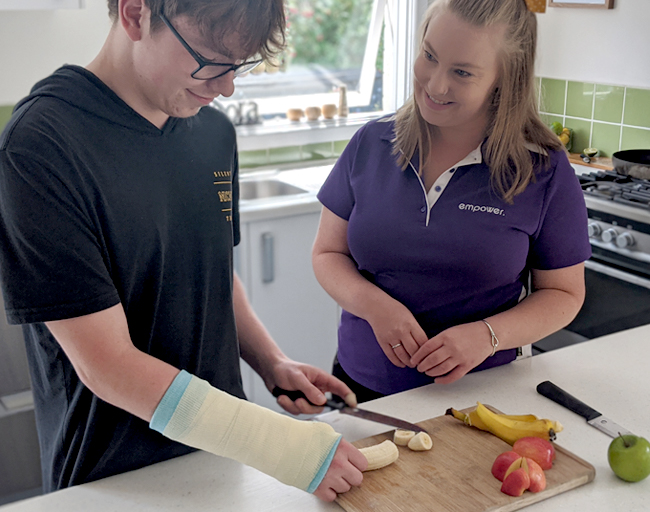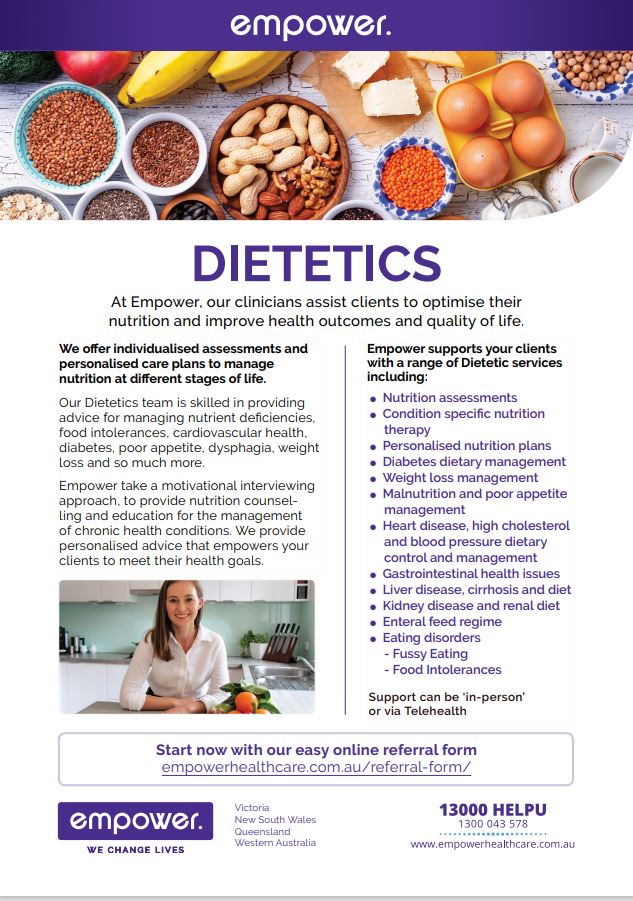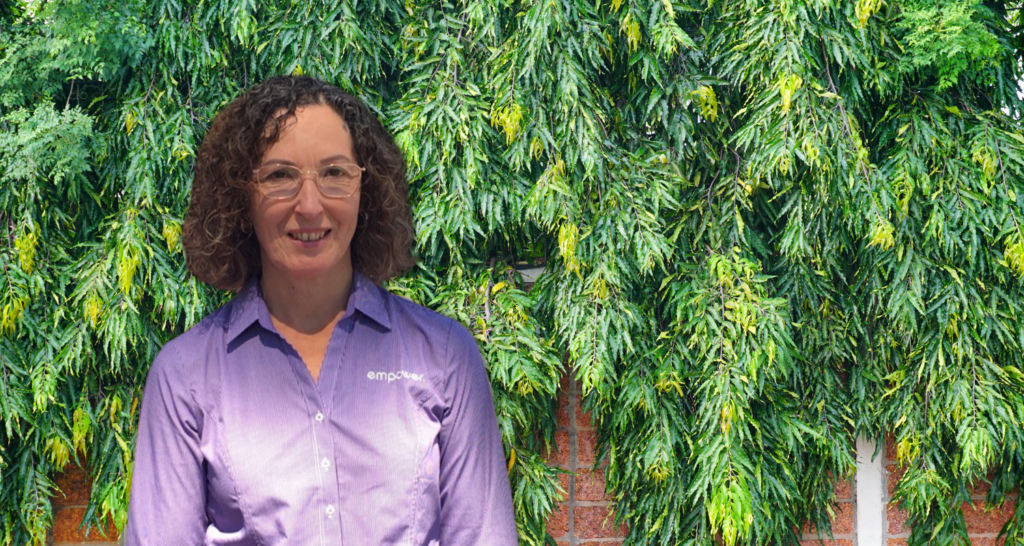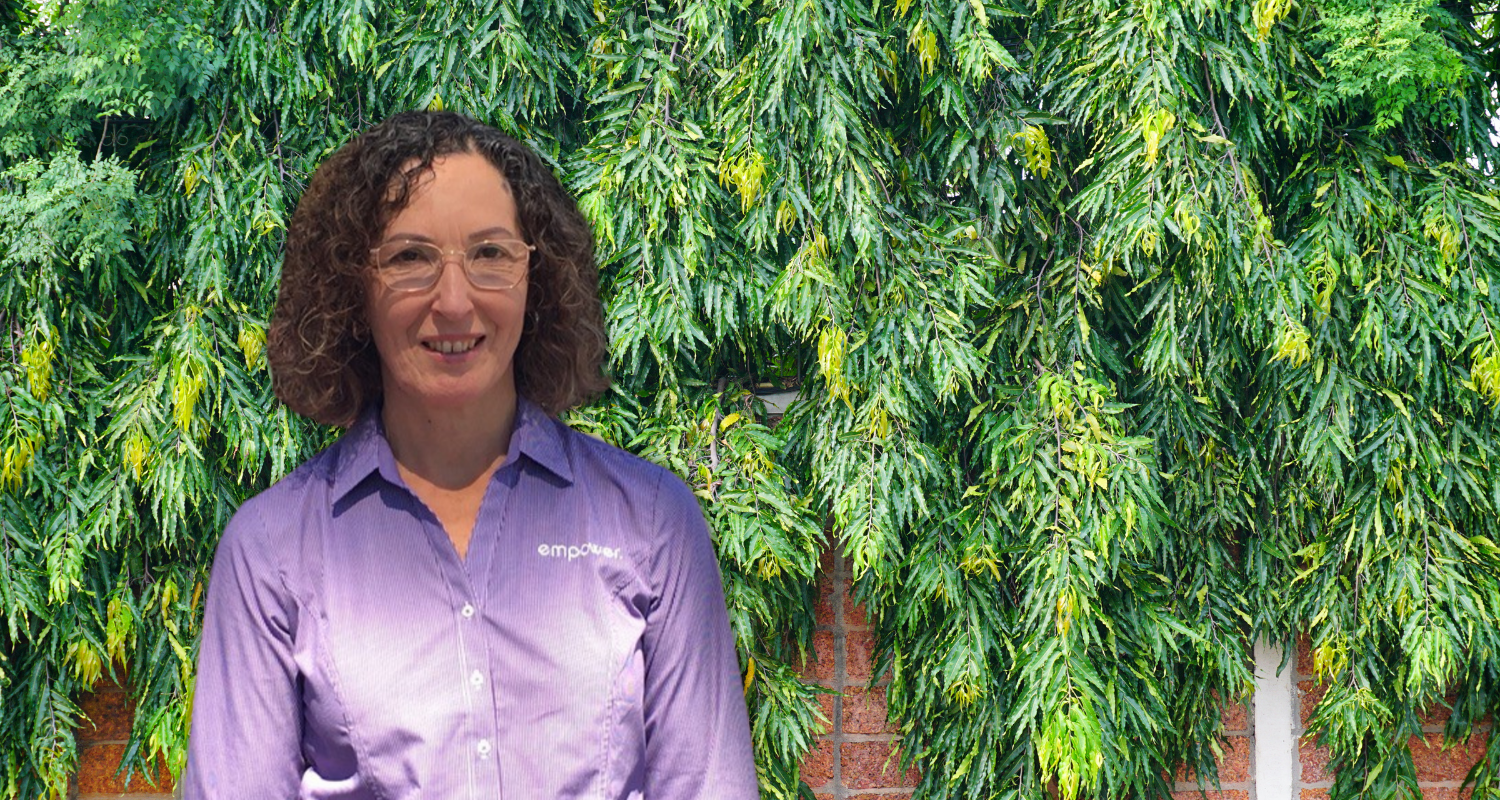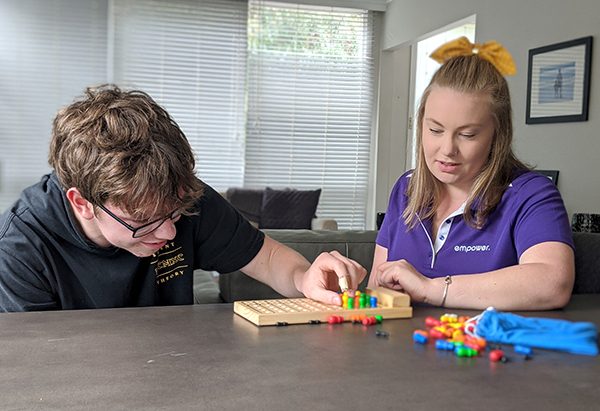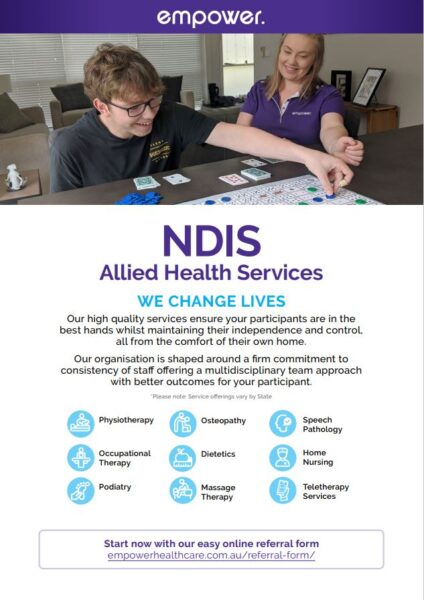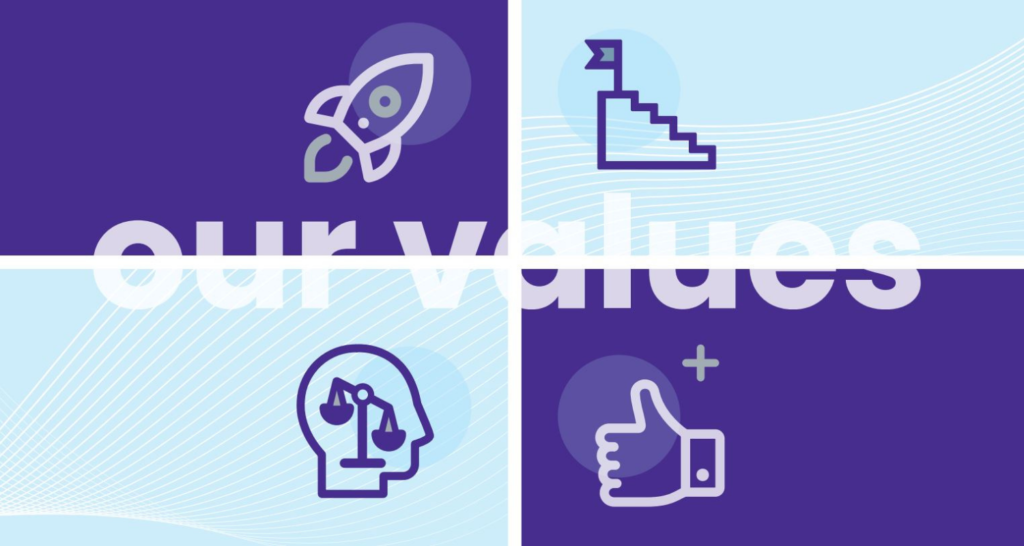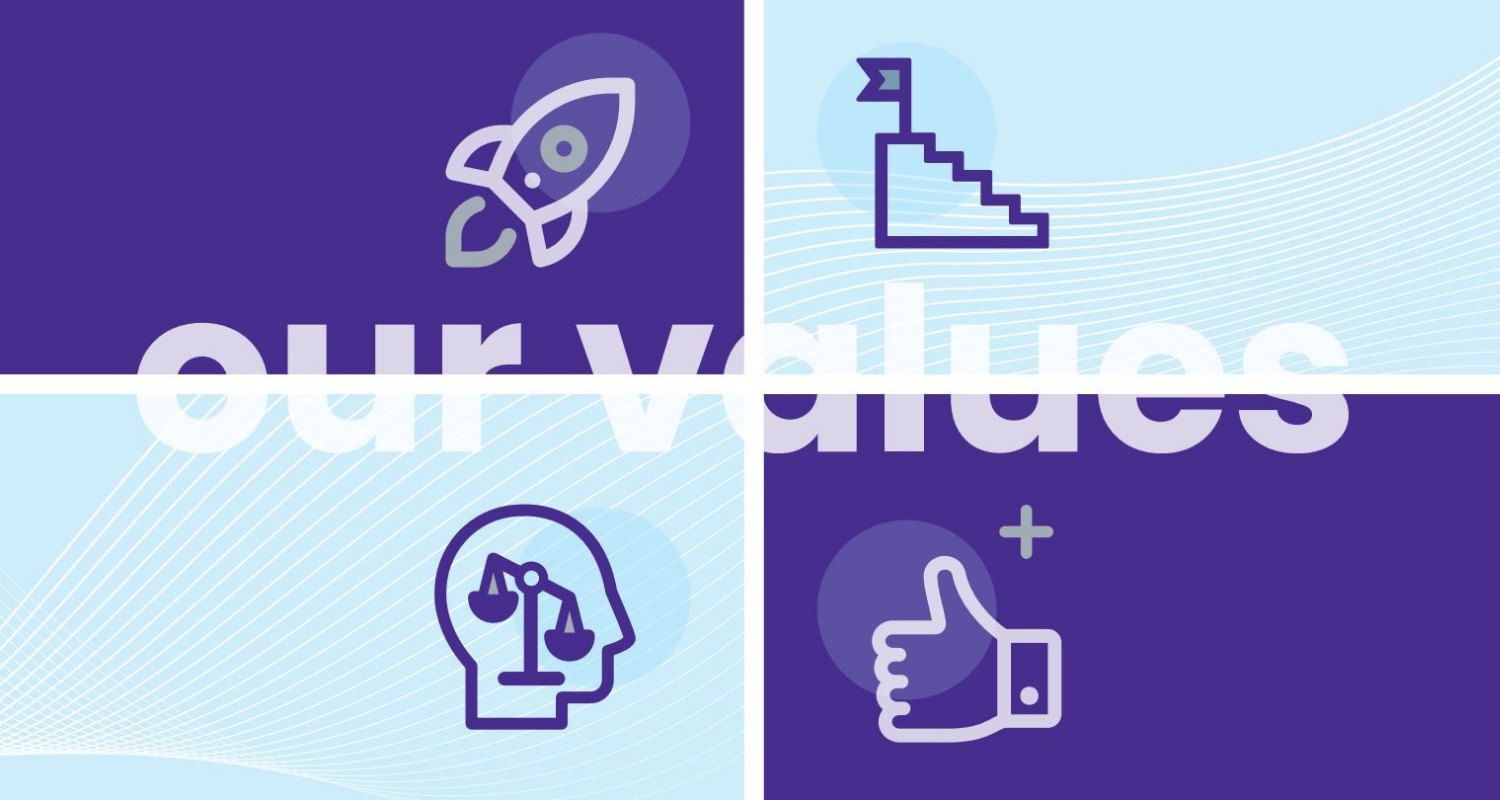Incontinence is a very common condition affecting 1 in 4 Australian adults.
The good news is that there are many ways that both bladder and bowel leaks and accidents can be treated and managed. With the help of nurses and other health care professionals, your clients can continue to live an active and independent life with dignity.
How we can help
Our nursing services involve support in the management of bladder and bowel control problems. We offer discreet services that aim to preserve dignity, reduce stress, and help people regain confidence so they can participate in daily activities and get you back to enjoying life.
Our support
We will take the time to fully assess your client and understand the challenges they face. We will conduct a Level 2 Basic Continence Assessment and then develop personalised plans and strategies to suit the persons lifestyle and goals.
Our Multidisciplinary Team support
Whilst our nurses provide continence treatment, they also have access and work closely with a large team of Allied Health therapists that can also provide additional continence care and intervention.
Dietetics
Our Dietitians assist with:
• urinary incontinence by monitoring fluid intake and providing recommendations for other bowel management strategies. Clients experiencing urinary incontinence tend to restrict fluid intake and this can contribute to poor health through dehydration and increase the occurrence of constipation.
• faecal incontinence by recommending a modified diet that can alleviate the urgency of bowel motions as well as assist clients with implementing a diet that will help with the frequency and consistency of bowel motions.
*Dehydration is a great risk in this group of clients.
Physiotherapists
Our Physiotherapists assist with:
• improving a client’s mobility and function so that they can access facilities in a timely manner
• utilise their continence aids safely.
• improve balance and coordination to assist with independent toileting
*We don’t have any specialist continence physios.
Occupational Therapists
Our Occupational Therapists assist with:
• routines based interventions – working on toileting routines
• strategies such as visual prompts and social stories to support understanding, reinforce routines and reduce anxiety
• understanding their sensory systems and interoception, so the person understands the body’s signals of when they need to go to the toilet.
• working towards independence with assistive technology eg. over toilet seats or commodes, Clothing adaptations
• educating clients family and formal supports.
Management depends on the type of incontinence, its aetiology, the severity of symptoms, as well as the consumers factors such as cognition, functional status and medical history. Our nurses have the clinical background and experience to advise options for suitable treatment approach for each individual to match their lifestyle and keep them at home longer.
Click to read more about our Nurses
Simply click on the image below for our referral form.
…

